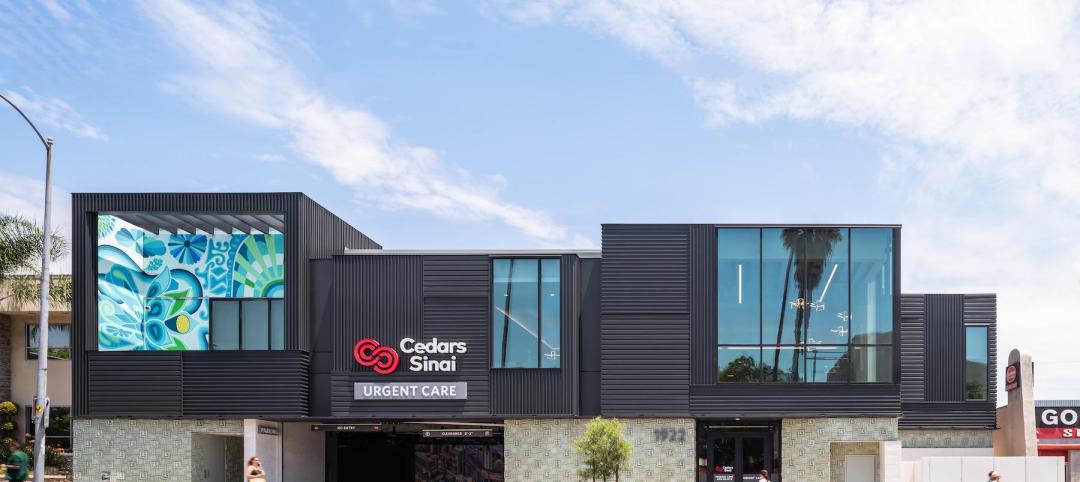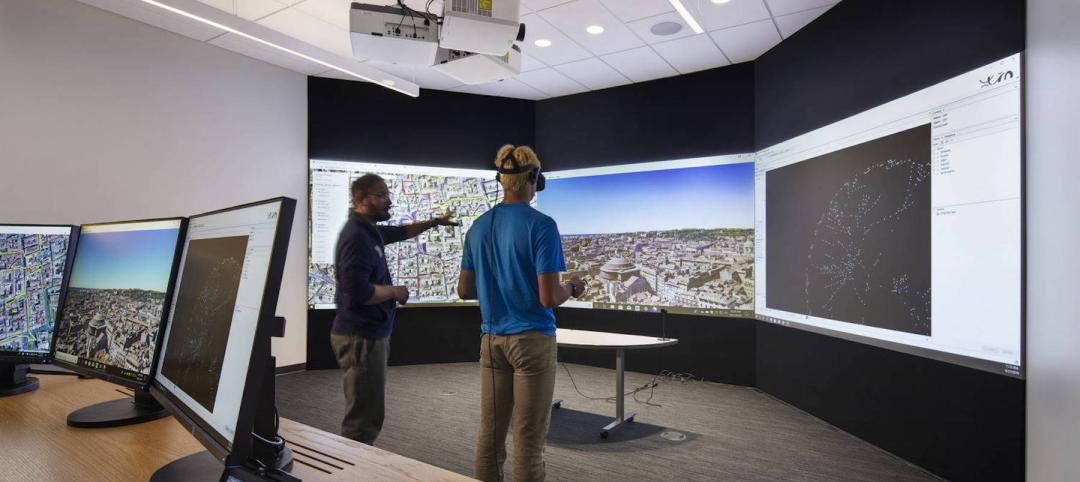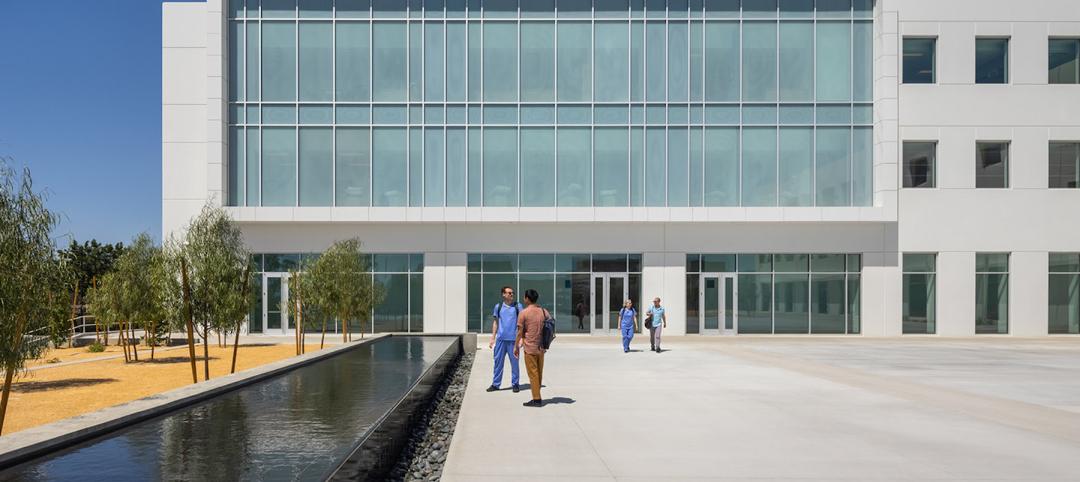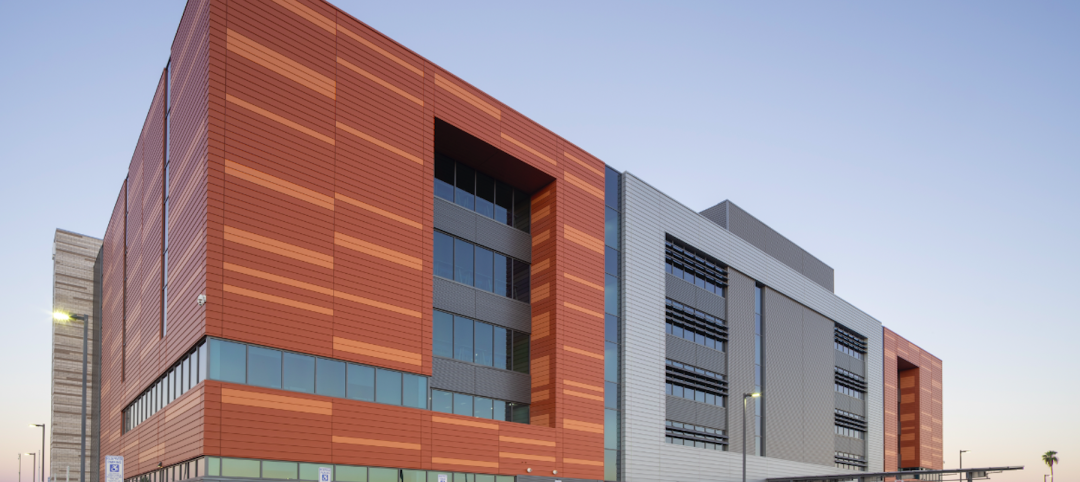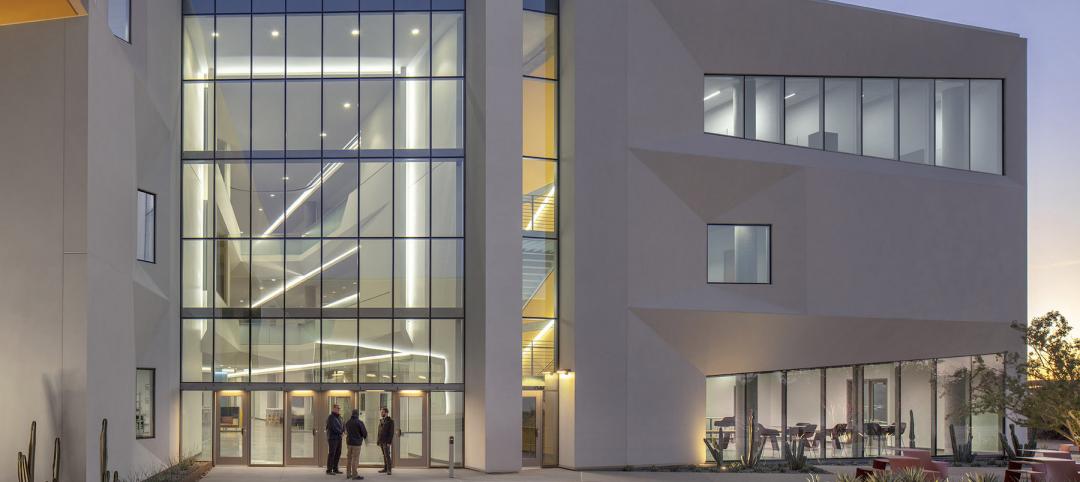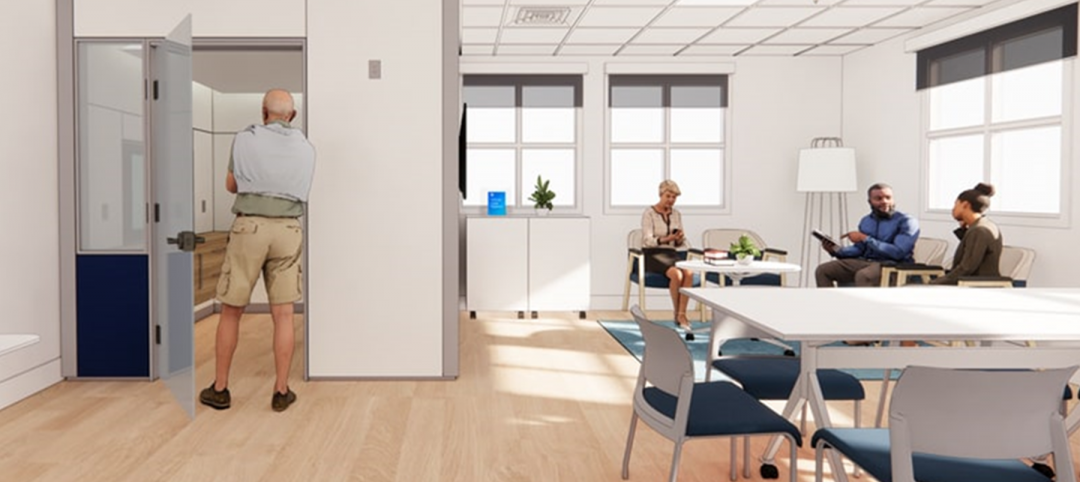A purpose-built “Alzheimer’s Village” in the French commune of Dax will give residents the ability to roam free and go about their daily lives in a new approach to treating the disease. According to The Telegraph, residents will live in shared houses in four districts reminiscent of the southwestern French region.
The village is designed to look like a medieval-style bastide, which is common to the area and will help prevent patients from becoming disoriented. Designed by NORD Architects, the village will have a local shop, a hairdresser, restaurants, a cultural center, and a healthcare center. Additionally, volunteers will help to stage activities for the residents.
The idea behind the new design approach is that the freedom the design provides will allow patients to lead an almost normal village life and maintain their participation in a social life (which recent research has shown to be a strong factor in living longer, healthier lives).
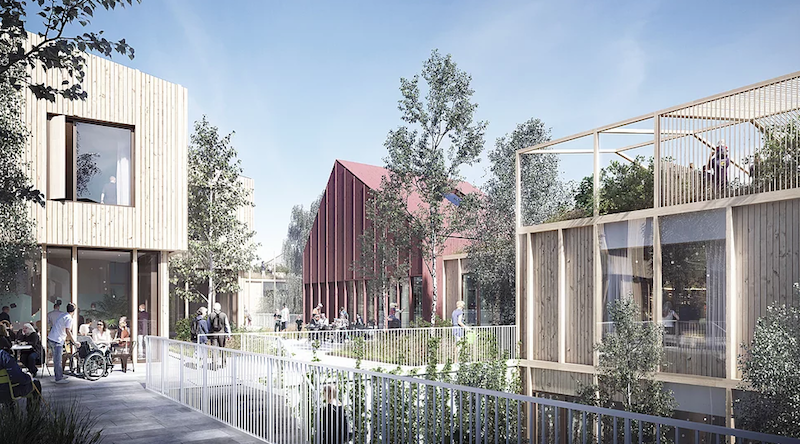 Oslo Alzheimer's Village with CLT construction. Courtesy NORD Architects.
Oslo Alzheimer's Village with CLT construction. Courtesy NORD Architects.
Plain-clothes medical staff will watch over the residents, who are confined to the village for their own safety, and researchers will conduct a study to see if this new style of care helps patients remain more active, require less medication, and live happier lives. In total, the village will support 120 Alzheimer’s residents, 100 live-in caregivers, and 120 volunteers.
NORD Architects is also working on an Alzheimer Village in Oslo, Norway and will use CLT to construct the project’s various buildings.
Related Stories
Daylighting | Aug 18, 2022
Lisa Heschong on 'Thermal and Visual Delight in Architecture'
Lisa Heschong, FIES, discusses her books, "Thermal Delight in Architecture" and "Visual Delight in Architecture," with BD+C's Rob Cassidy.
| Aug 16, 2022
Cedars-Sinai Urgent Care Clinic’s high design for urgent care
The new Cedars-Sinai Los Feliz Urgent Care Clinic in Los Angeles plays against type, offering a stylized design to what are typically mundane, utilitarian buildings.
| Aug 15, 2022
IF you build it, will they come? The problem of staff respite in healthcare facilities
Architects and designers have long argued for the value of respite spaces in healthcare facilities.
AEC Tech | Aug 8, 2022
The technology balancing act
As our world reopens from COVID isolation, we are entering back into undefined territory – a form of hybrid existence.
| Aug 3, 2022
Designing learning environments to support the future of equitable health care
While the shortage of rural health care practitioners was a concern before the COVID-19 pandemic, the public health crisis has highlighted the importance of health equity in the United States and the desperate need for practitioners help meet the needs of patients in vulnerable rural communities.
Healthcare Facilities | Aug 1, 2022
New Phoenix VA outpatient clinic is one of the largest veteran care facilities in the U.S.
The new Phoenix 32nd Street VA Clinic, spanning roughly 275,000 sf over 15 acres, is one of the largest veteran care facilities in the U.S.
Building Team | Jul 12, 2022
10 resource reduction measures for more efficient and sustainable biopharma facilities
Resource reduction measures are solutions that can lead to lifecycle energy and cost savings for a favorable return on investment while simultaneously improving resiliency and promoting health and wellness in your facility.
Healthcare Facilities | Jun 22, 2022
Arizona State University’s Health Futures Center: A new home for medical tech innovation
In Phoenix, the Arizona State University (ASU) has constructed its Health Futures Center—expanding the school’s impact as a research institution emphasizing medical technology acceleration and innovation, entrepreneurship, and healthcare education.
Healthcare Facilities | Jun 20, 2022
Is telehealth finally mainstream?
After more than a century of development, telehealth has become a standard alternative for many types of care.
Codes and Standards | Jun 14, 2022
Hospitals’ fossil fuel use trending downward, but electricity use isn’t declining as much
The 2021 Hospital Energy and Water Benchmarking Survey by Grumman|Butkus Associates found that U.S. hospitals’ use of fossil fuels is declining since the inception of the annual survey 25 years ago, but electricity use is dipping more slowly.




